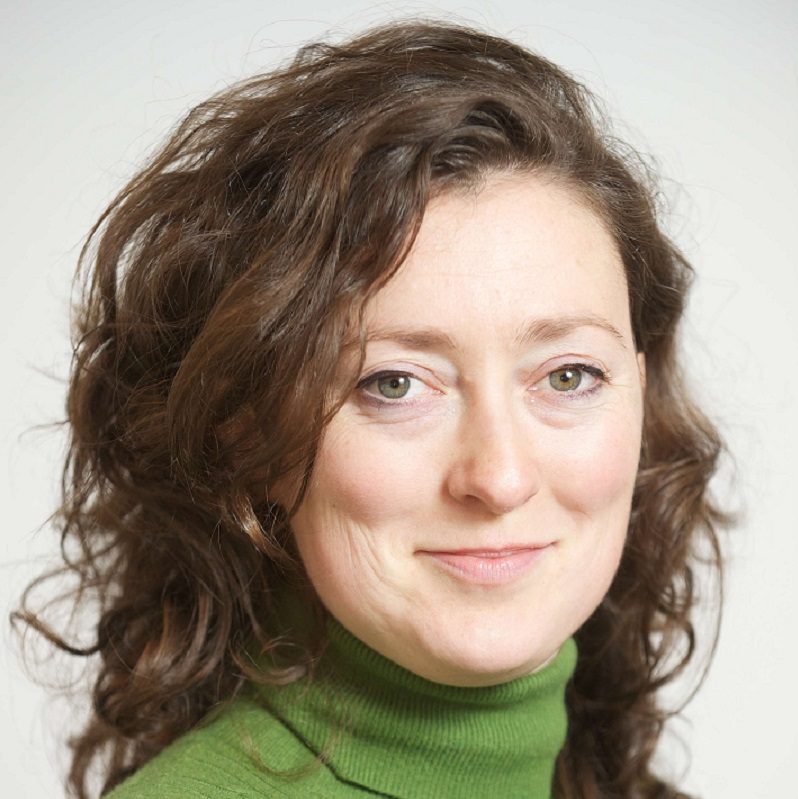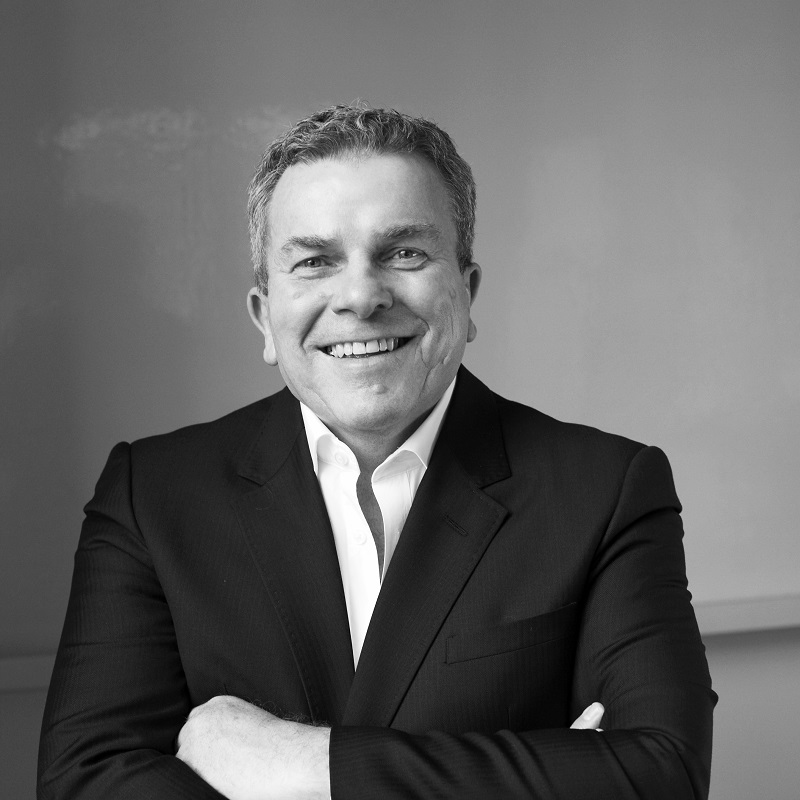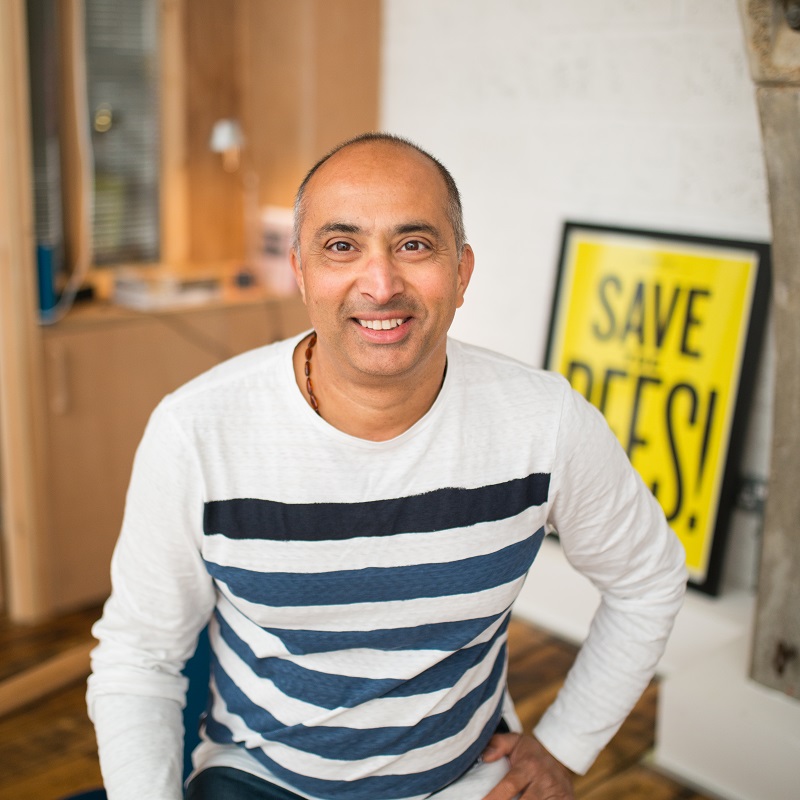
Lucy Frankel, Vegware
Edinburgh-based firm Vegware is making a positive difference one spoon at a time by making disposable food containers and cutlery out of plant-based compostable packaging rather than plastic. Environmental and Communications Director Lucy Frankel explains why.
- What was the inspiration for the business?
My brother Joe Frankel got the idea for Vegware while he was working in California. His wife came back from a farmers market one day with a spoon made from plant-based materials rather than plastic. Joe was fascinated by it and it set off a whole chain of ideas. Conventional food packaging can only really go to incineration or landfill after use because it mixes fibres and polymers which are then contaminated by the food, but if you use plant-based materials they can be composted and food contamination is not an issue. It can all go together to be composted and be part of the natural cycle of nutrients back into the soil. The business started off with cutlery and we now sell 350 different items including cups, sandwich boxes and soup containers.
- How did the business find its first customer?
Our first customer was Rude Health which makes cereals, snacks and porridge. We sold some cutlery to them which they used for customers to sample their food.
- How did you finance the growth of the business?
Investment firm Bradenham Partners invested a six-figure sum into the business in 2009 and they are still together with us now. It was the kickstart the business needed to scale up and start servicing much larger established businesses.
- What has been the most difficult or challenging part of growing the business?
The business was originally conceived as a tech driven e-commerce business, however it soon became apparent that the business was really all about people and that we would not be able to grow without building long-term relationships with our customers. That was quite a surprise and the discovery prompted a big change in approach. We now have account managers who have longstanding friendships with the distributors and contract caterers we support. We feel that the relationship part is unmissable and that being very human is something that has stood us in very good stead. We are not a hard sales company, we want to be really excellent to deal with so we don’t put pressure on our clients, and we work very hard to get everything right behind the scenes.
- What has been the impact of the pandemic on the business and how have you dealt with this?
It has been a major change for us, like it has for everyone. We primarily service corporate sectors, with people using our products in offices and universities, so in the Spring we took a major body blow to the business as all of our client base was pretty much shut. So that was a shock. Thankfully we already had clients in the healthcare sector so that was very useful, and it was also excellent that we sell to 70 countries around the world. We have been very lucky to come out of it as well as we have and we are extremely grateful.
- What mistakes did you make?
We had a designer who made some posters for us which were supposed to say ‘Packaging made from plants not plastic’ but he got it the wrong way round and they said ‘Packaging made from plastic not plants’ instead. Fortunately we had a quality control process in place and it was noticed in time.
- What has been the secret of Vegware’s success so far?
The team. We have been very lucky to hire excellent people who are really excited by the product and share our core mission.
- What advice would you give an entrepreneur just starting out about how to grow their business?
Something that has stood us apart is we have thought through all the interactions around our products. So yes, we sell disposable packaging but we also have designers who can do custom printing for our clients, we have a team of waste management consultants who can help our clients compost the products, and we even run our own waste collection service in Scotland. We have thought about all the different parts of the product lifecycle and the value-add we can offer our clients.
It also helps when things look good. The way we present ourselves visually has always been a big point of pride for us. For a long time we have had our own in-house designers and photographers and that has allowed us to really impress our clients.
- What personal quality or characteristic has been most useful to the business?
Flexibility


